Signs of Depression: Depression affects millions worldwide. It’s a serious mental health condition.
Also Read
Recognizing depression early can make a big difference. Many people experience sadness, but depression is more than that. It’s a persistent feeling that affects daily life. Identifying the signs can help you or your loved ones seek help sooner. This blog post will explore common signs of depression.
Understanding these signs is key to getting the right support. Let’s dive into the symptoms and how they manifest. Recognizing these early can lead to better outcomes. Stay with us to learn more about the signs of depression. Your awareness could change someone’s life.
Recognizing Emotional Changes

Depression affects everyone differently. Recognizing emotional changes is key to identifying depression early. Emotional changes can manifest in various ways. Let’s explore two critical signs: persistent sadness and feelings of hopelessness.
Persistent Sadness
Persistent sadness is a major sign of depression. This sadness lasts for weeks or even months. It doesn’t go away with time. People may feel overwhelmingly sad without any clear reason. They might find it hard to enjoy activities they once loved. Everyday tasks can feel exhausting.
- Feeling sad most of the day
- Loss of interest in favorite activities
- Reduced energy and motivation
These symptoms often disrupt daily life. Recognizing this sadness early can help in seeking support.
Feelings Of Hopelessness
Feelings of hopelessness are another critical sign. People may feel that nothing will get better. They might think there’s no solution to their problems. This can lead to a sense of being trapped. It can also impact their view of the future.
- Belief that things will never improve
- Constant negative thoughts about the future
- Feeling stuck or helpless
This hopelessness can be overwhelming. It’s important to recognize these feelings and seek help. Early intervention can make a big difference.
Physical Symptoms
Depression affects the mind, but it also has many physical symptoms. These symptoms can often be overlooked or misunderstood. Recognizing these signs can help you or a loved one seek help. Here are some common physical symptoms of depression.
Fatigue And Low Energy
One of the most common physical symptoms is fatigue. People with depression often feel tired, even after a full night’s sleep. This constant tiredness can make even simple tasks seem overwhelming.
Low energy levels can impact daily activities. You may find it hard to get out of bed or complete routine chores. This lack of energy can affect your work, relationships, and overall quality of life.
Changes In Sleep Patterns
Depression often leads to changes in sleep patterns. You might find yourself sleeping too much or too little. Insomnia is common, making it hard to fall asleep or stay asleep.
Conversely, some people may experience hypersomnia. This means sleeping more than usual. Both insomnia and hypersomnia can worsen other symptoms of depression.
Here’s a table summarizing sleep pattern changes:
| Symptom | Description |
|---|---|
| Insomnia | Difficulty falling or staying asleep |
| Hypersomnia | Excessive sleeping or sleepiness during the day |
These changes in sleep patterns disrupt your body’s natural rhythms. They can make you feel more tired and less motivated during the day.
Behavioral Shifts
Behavioral shifts are often the first signs of depression. Changes in behavior can signal that something is wrong. These changes are usually noticeable to family and friends.
Social Withdrawal
People with depression may start to withdraw from social activities. They may avoid gatherings and prefer to be alone. This is because they often feel overwhelmed by social interactions. They might abruptly cancel their plans. They may also ignore calls and messages. This withdrawal can lead to feelings of isolation.
Loss Of Interest In Activities
Another sign is a loss of interest in activities. Hobbies and activities that once brought joy now seem unappealing. This change can be sudden or gradual. For instance, a person who loved painting may stop altogether. They may also lose interest in sports or other leisure activities. This loss of interest can affect their daily routine. They may feel like nothing is worth doing anymore.
Cognitive Indicators
Depression affects more than just your emotions. It impacts the way you think too. Cognitive indicators of depression are often overlooked. Yet, they play a critical role in identifying the condition. Understanding these signs can help in seeking timely support and treatment.
Difficulty Concentrating
One common cognitive sign of depression is difficulty concentrating. It becomes hard to focus on tasks. Everyday activities feel overwhelming. Reading a book or watching TV might seem impossible. You might find yourself rereading the same page. Or not following the plot of a show. This lack of focus can affect work or school performance. It can also strain relationships.
Indecisiveness
Another cognitive indicator is indecisiveness. Making even small decisions becomes a huge challenge. Simple choices, like what to eat, feel daunting. This indecision stems from a lack of confidence. Depression often makes you doubt your own judgment. This can lead to second-guessing every choice. It can also result in procrastination. Tasks pile up, adding to the stress and anxiety.
Impact On Daily Life
Depression can deeply affect a person’s daily life. Simple tasks may feel overwhelming. Everyday activities can become a struggle. Recognizing these signs can help in seeking timely support.
Decreased Productivity
People with depression often face decreased productivity. They may find it hard to concentrate. Simple tasks can take much longer to complete. This can affect their performance at work or school.
Symptoms of decreased productivity include:
- Struggling to focus on tasks
- Feeling mentally exhausted
- Procrastination
- Frequent mistakes
These challenges make daily responsibilities harder to manage. Completing even small tasks can feel like a huge burden.
Neglect Of Responsibilities
Depression may lead to the neglect of responsibilities. People might ignore important tasks. Bills, chores, and other duties can pile up. This neglect can increase stress and anxiety.
Common signs of neglecting responsibilities include:
- Unpaid bills
- Messy living spaces
- Ignoring personal hygiene
- Missing important appointments
Over time, this neglect can impact relationships and overall well-being. Recognizing these signs early can help in seeking the right support.
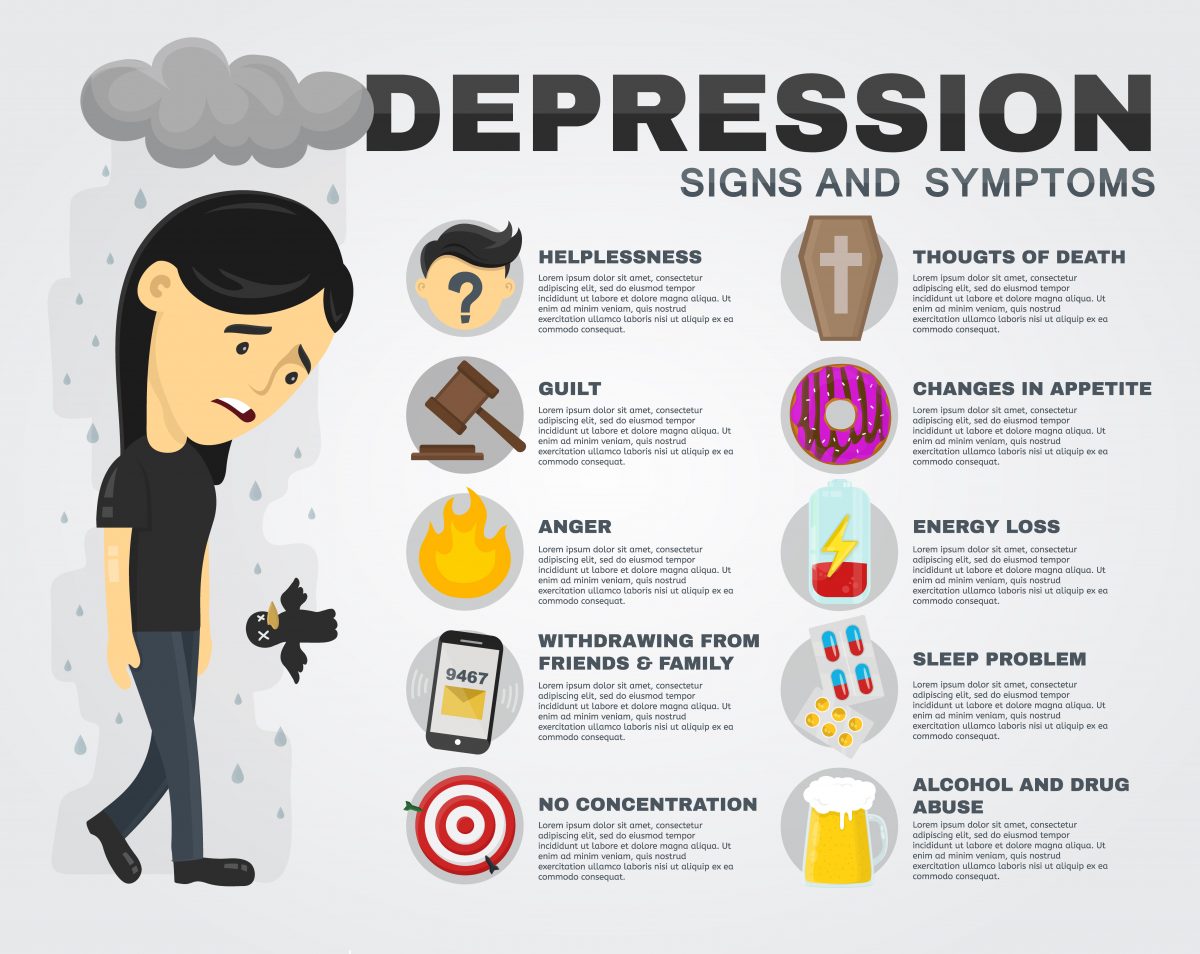
Credit: www.sydneytms.com.au
Seeking Professional Help
Recognizing the signs of depression is the first step. Seeking professional help is the next vital step. Professional support can provide a clear path toward healing. This section explores different therapy options and medication management to treat depression.
Therapy Options
Therapy can be a powerful tool in managing depression. Different types of therapy cater to different needs. Here are some common options:
| Type of Therapy | Description |
|---|---|
| Cognitive Behavioral Therapy (CBT) | Focuses on changing negative thought patterns. |
| Interpersonal Therapy (IPT) | Improves communication and relationship skills. |
| Psychodynamic Therapy | Explores past experiences to understand current issues. |
Each type of therapy has its strengths. Talking to a therapist can help determine the best fit. Remember, therapy is a journey. Progress takes time and commitment.
Medication Management
For some, medication is an essential part of treatment. Antidepressants can help balance chemicals in the brain. Here are some key points about medication management:
- Consult a doctor: Only a healthcare professional can prescribe medication.
- Types of medication: SSRIs, SNRIs, and atypical antidepressants are common.
- Side effects: Be aware of potential side effects and discuss them with your doctor.
Medication is not a one-size-fits-all solution. It may take time to find the right medication and dosage. Always follow your doctor’s advice and report any concerns. Combining medication with therapy often yields the best results.
Self-help Strategies
Dealing with depression can feel overwhelming. Self-help strategies offer ways to manage symptoms and improve daily life. These methods can be effective in creating a sense of control. Below are some strategies to consider.
Establishing Routine
Routine can provide structure and predictability, which helps reduce feelings of chaos. Start by setting a consistent sleep schedule. Going to bed and waking up at the same time each day can improve mood and energy levels.
Plan your meals and snacks to ensure you are eating regularly. Skipping meals can lead to low blood sugar, affecting your mood. Include balanced meals with proteins, vegetables, and whole grains.
Incorporate physical activity into your routine. Even a short walk can boost your mood. Create a simple exercise schedule you can stick to, like walking for 20 minutes after lunch.
Mindfulness Practices
Mindfulness involves focusing on the present moment without judgment. It can reduce stress and improve emotional well-being.
Begin with deep breathing exercises. Sit comfortably, close your eyes, and take slow, deep breaths. Focus on the feeling of the air entering and leaving your lungs.
Try guided meditation. Many apps and online resources offer free sessions. Start with short sessions, gradually increasing the time as you become more comfortable.
Practice gratitude journaling. Each day, write down three things you are grateful for. This practice can shift your focus from negative to positive aspects of life.
Experiment with different mindfulness techniques to find what works best for you. Consistency is key in seeing the benefits of these practices.
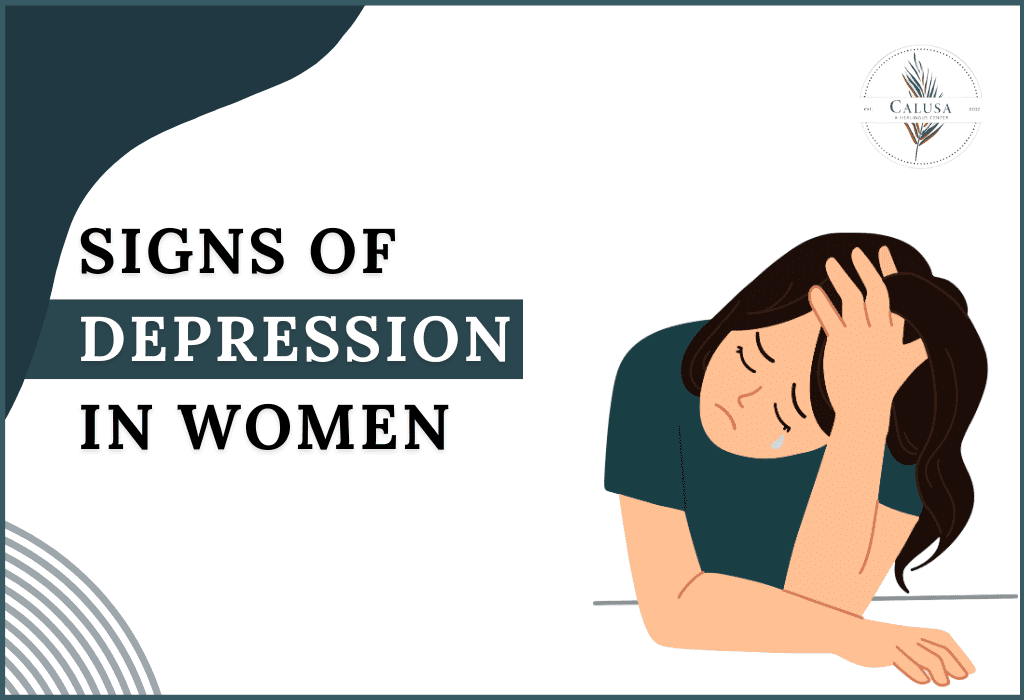
Credit: calusarecovery.com
Supporting Loved Ones
Helping a loved one with depression is crucial. It can make a big difference. Emotional support is key. Here are some ways to support your loved one.
Listening And Encouraging
Being a good listener helps a lot. Listen without interrupting. Show you care. Simple phrases like “I’m here for you” matter. Encourage them to talk. Sometimes just talking helps.
- Ask open-ended questions.
- Use phrases like “Tell me more.”
- Show empathy.
Encouragement is also important. Simple words can lift their spirits. Encourage them to seek help. Suggest professional support. Sometimes, a gentle nudge is needed.
Avoiding Judgment
Avoiding judgment is vital. Never criticize their feelings. Depression is not a choice. Avoid phrases like “Just snap out of it.” This can hurt more.
- Use kind words.
- Show patience.
- Offer support, not solutions.
Be patient. Healing takes time. Your understanding means a lot. It shows you care. It helps them feel less alone.
:max_bytes(150000):strip_icc()/1066910-top-depression-symptoms-5ae724e38023b90036653091.png)
Credit: www.verywellmind.com
More Tips: The Signs of Depression
Depression is a common mental health condition that affects how a person feels, thinks, and acts. It is more than just feeling sad—it is a long-lasting condition that can interfere with daily life. Recognizing the signs of depression is an important step in getting help and starting the journey to recovery.
What Are the Signs of Depression?
Depression can appear differently for everyone. However, some common symptoms include sadness, loss of interest in activities, and feelings of hopelessness. Many people experience physical signs of depression, such as changes in appetite, low energy, or difficulty sleeping. Emotional signs of depression, like irritability or feelings of guilt, are also common.
Some people may show behavioral signs of depression, such as avoiding friends or family, struggling at work, or having difficulty concentrating. These symptoms can affect relationships, productivity, and overall quality of life.
Early and Warning Signs
The early signs of depression might seem small but should not be ignored. Feeling tired, losing interest in hobbies, or having trouble focusing can all be signs of depression starting to take hold. Warning signs of depression, such as thoughts of self-harm, require immediate attention from a professional.
Different Types of Depression and Their Symptoms
There are many types of depression, each with unique symptoms:
- Major Depression: Severe sadness and lack of interest in life activities for at least two weeks.
- Seasonal Affective Disorder (SAD): Depression related to changes in seasons, often occurring in winter.
- Postpartum Depression: Affects new mothers, often involving overwhelming sadness and fatigue.
- Chronic Depression: Long-lasting symptoms that persist for years.
These types of depression may appear differently depending on the individual. For example, signs of depression in women may include crying more often, while signs of depression in men can involve anger or risky behaviors. Teenagers might show behavioral signs of depression, like skipping school or withdrawing from friends.
Physical and Emotional Effects
Depression affects both the mind and body. Physical signs of depression in the body can include headaches, body aches, or even digestive problems. It can weaken the immune system, making it harder to fight off illnesses. On the emotional side, depression often causes feelings of worthlessness, helplessness, and guilt. These symptoms can worsen without support.
How to Seek Help for Depression
If you recognize early signs of depression in yourself or others, seeking help is essential. Therapy, like Cognitive Behavioral Therapy (CBT), can help change negative thought patterns. Medication may also be recommended to manage symptoms. For milder cases, lifestyle changes like regular exercise, a healthy diet, and meditation can help.
Understanding the signs of depression and anxiety together is also important. Anxiety and depression often occur at the same time, making symptoms more challenging. Support groups and online resources, like those offered by the National Alliance on Mental Illness (NAMI), can provide valuable help.
Taking the First Step
If you or someone you know is showing signs of depression, taking action is the first step. Talk to a trusted person or schedule a consultation with a mental health professional. Recovery takes time, but with the right support, living a fulfilling life is possible.
Reference Sources
- National Institute of Mental Health – Depression
- National Alliance on Mental Illness – Depression Overview
- American Psychological Association – Depression Symptoms
Frequently Asked Questions
What Are Common Signs Of Depression?
Common signs include persistent sadness, loss of interest, and fatigue. Other symptoms include changes in sleep, appetite, and concentration.
How Does Depression Affect Daily Life?
Depression can make daily tasks feel overwhelming. It may lead to decreased productivity, social withdrawal, and difficulty maintaining relationships.
Can Depression Cause Physical Symptoms?
Yes, depression can cause physical symptoms like headaches, digestive issues, and chronic pain. These symptoms are often overlooked.
How Is Depression Diagnosed?
Depression is diagnosed through clinical evaluation. Healthcare providers assess symptoms, duration, and impact on daily functioning to make a diagnosis.
Conclusion
Recognizing signs of depression is crucial for early intervention. Feeling persistently sad? It might be a sign. Lack of interest in activities can also indicate depression. Other signs include changes in sleep or appetite. Remember, seeking help is a step towards better mental health.
Talk to a healthcare professional if you notice these symptoms. You are not alone in this journey. Taking action today can lead to a brighter tomorrow. Stay informed, stay proactive, and prioritize your well-being.

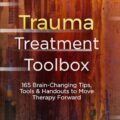
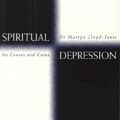
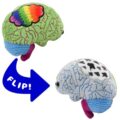
Thanks for this wonderful article. One other thing is that most digital cameras come equipped with a new zoom lens that permits more or less of your scene being included by simply ‘zooming’ in and out. These changes in focusing length will be reflected inside the viewfinder and on huge display screen on the back of any camera.
I simply couldn’t depart your web site before suggesting that I really loved the standard information a person provide for your visitors? Is gonna be back ceaselessly in order to check up on new posts
Today, I went to the beach front with my children. I found a sea shell and gave it to my 4 year old daughter and said “You can hear the ocean if you put this to your ear.” She placed the shell to her ear and screamed. There was a hermit crab inside and it pinched her ear. She never wants to go back! LoL I know this is totally off topic but I had to tell someone!
I would like to thank you for the efforts you have put in writing this site. I am hoping the same high-grade website post from you in the upcoming also. In fact your creative writing skills has inspired me to get my own web site now. Actually the blogging is spreading its wings rapidly. Your write up is a great example of it.
Its like you learn my mind! You seem to know a lot about this, like you wrote the guide in it or something. I think that you can do with a few to force the message home a little bit, however instead of that, this is fantastic blog. A great read. I will definitely be back.